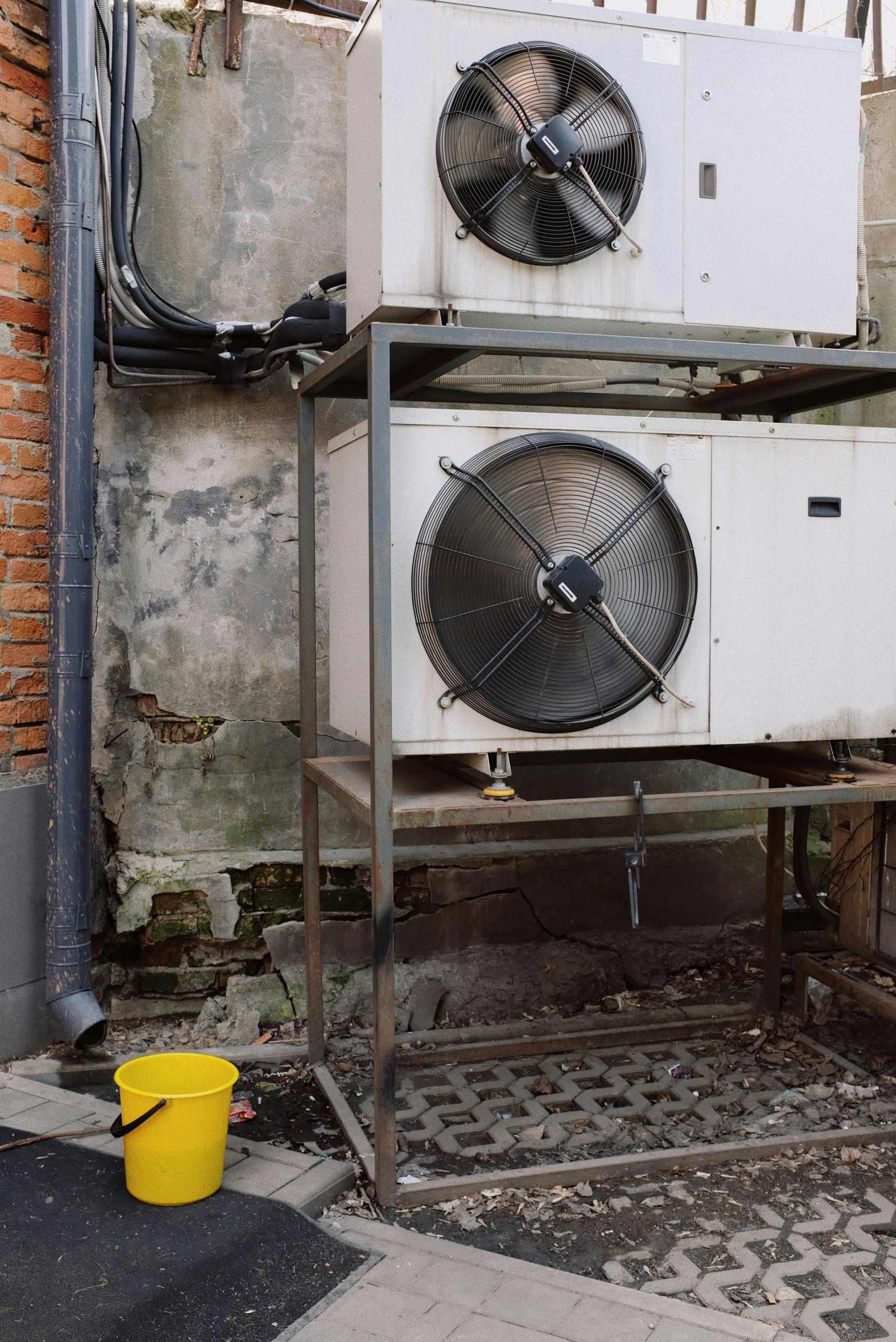Understanding and Troubleshooting Random BSODs and Disk Detection Issues on a New PC: A Comprehensive Guide
Introduction
Building a new PC is always an exciting endeavor, but it can also come with unexpected challenges. Recently, many users have reported experiencing random Blue Screen of Death (BSOD) errors, system crashes, and even hardware recognition problems. In this guide, we will explore a real-world scenario involving such issues, analyze potential causes, and suggest systematic troubleshooting steps.
Case Overview
A desktop PC, recently assembled with high-end components, began exhibiting erratic behavior approximately two weeks after initial setup. The primary symptoms include:
- Random system freezes, BSODs, and automatic restarts.
- Post-crash, the system BIOS occasionally fails to recognize the primary storage disk, which reappears only after a full power cycle.
- Event logs indicate Kernel Power Error 41 (63), often associated with unexpected shutdowns.
- The issues occur unpredictably, independent of user activity or system load, during gaming sessions, web browsing, or idle states.
Initial Troubleshooting Efforts
The user attempted various common steps to resolve the problem:
- System file check and repair: Identified and fixed corrupted system files.
- Driver updates: Ensured Windows, GPU, CPU, and disk drivers were up-to-date.
- Disk health scans: Used Samsung Magician to verify SSD integrity; no faults were found.
- Power source adjustments: Switched to different outlets and tried surge protectors.
- Windows settings adjustments: Disabled Fast Startup.
- Temperature monitoring: Hardware temps within safe ranges.
Despite these measures, the issues persisted.
Potential Causes and Considerations
Given the persistent and seemingly random nature of the problems, several potential causes warrant consideration:
- Hardware Faults:
- Power Supply Issues: While the PSU (Be Quiet! Straight Power 12, 1000W) is adequate, defective units or unstable power delivery can cause system instability.
- Motherboard or Storage Connection: Loose or faulty SATA/PCIe connections or motherboard faults could lead to drive recognition problems.
-
SSD Problems: Although scans show no faults, SSDs can sometimes develop intermittent connectivity issues, especially with heatsinks or cables.
-
Electrical Interference and Power Quality:
- The user observed flickering lights and brief power interruptions coinciding with the fridge compressor turning on. These fluctuations could induce system instability or cause hardware to malfunction.
- The fridge compressor’s
Share this content:



